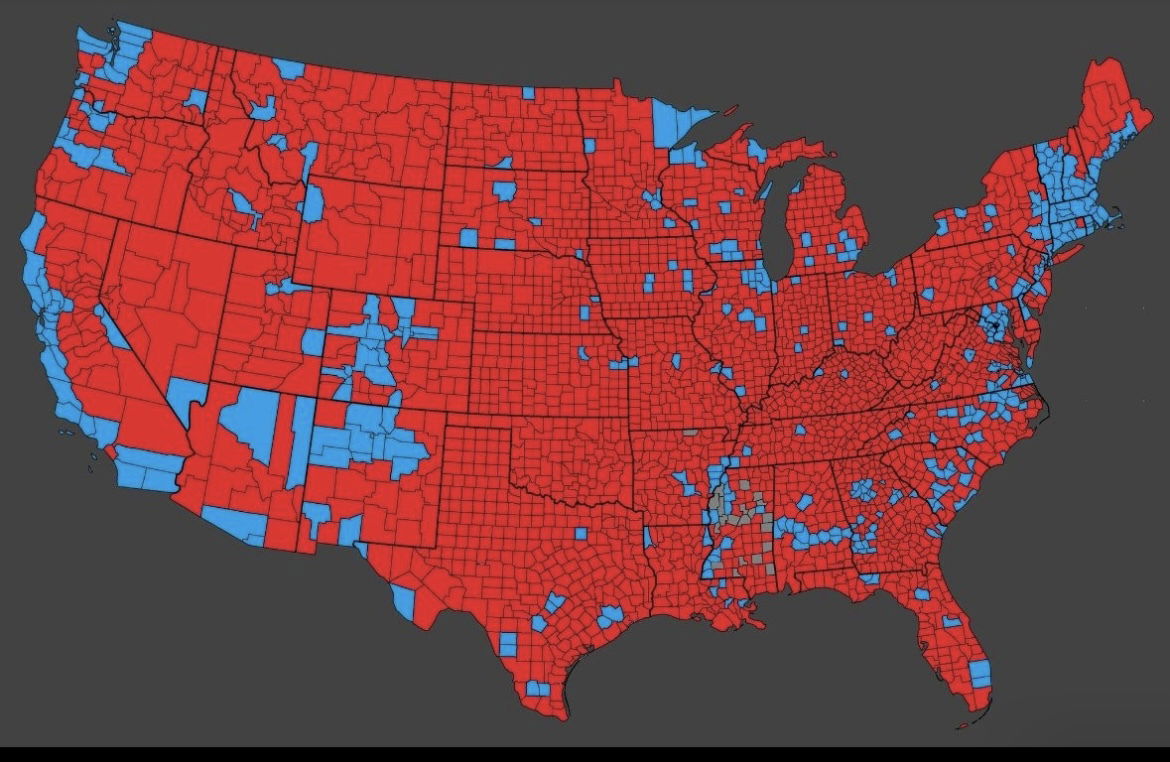
To understand the dynamics behind Trump’s resounding re-election, one can look to the long-term decline of American democracy, a process that began in the 1970s and has accelerated under successive administrations over the past 50 years.
In both 2016 and 2024, Trump—like all populists—grasped and voiced the frustrations that people felt after five decades of policies detrimental to the middle class and implemented by both parties. For a majority of Americans, that seems to have been reason enough.
Under Nixon, the U.S. abandoned the gold standard. This decision marked the start of wage stagnation and widened economic disparities, setting the stage for a growing disconnect between economic policy and the needs of everyday Americans.
Under Reagan, policies prioritized corporate interests and wealth concentration over the middle class, fundamentally altering the economic landscape. The middle class, once the backbone of American democracy, saw its interests sidelined, leading to a weakening of the societal cohesion that democracy relies on. The U.S. national debt problem started here.
Under Clinton, economic priorities shifted even further. Globalization and policies favoring free trade over worker protections fueled a sense of economic disenfranchisement among the working class, who began to feel alienated from democratic ideals, as winning or “getting ahead” took precedence over preserving democratic principles.
Under Bush and Obama, military campaigns always seemed to find funding, but programs to support housing, healthcare and education —the middle class trifecta—never could.
Then came Citizens United, a Supreme Court decision that effectively placed corporate interests at the heart of American politics, giving the very few a disproportionate influence over the electoral process and legislative priorities.
Democracy became a game increasingly stacked in favor of those with money and power, undermining the very idea of government by and for the people.
In this election, the average American voiced their dissatisfaction with the current direction of the country, expressing a strong desire to “Make America Great Again.” It’s the economy. We’ve lost our middle class.
However one feels about President Trump’s ability to deliver a solution, he serves as the messenger of longstanding discontent, not its cause.